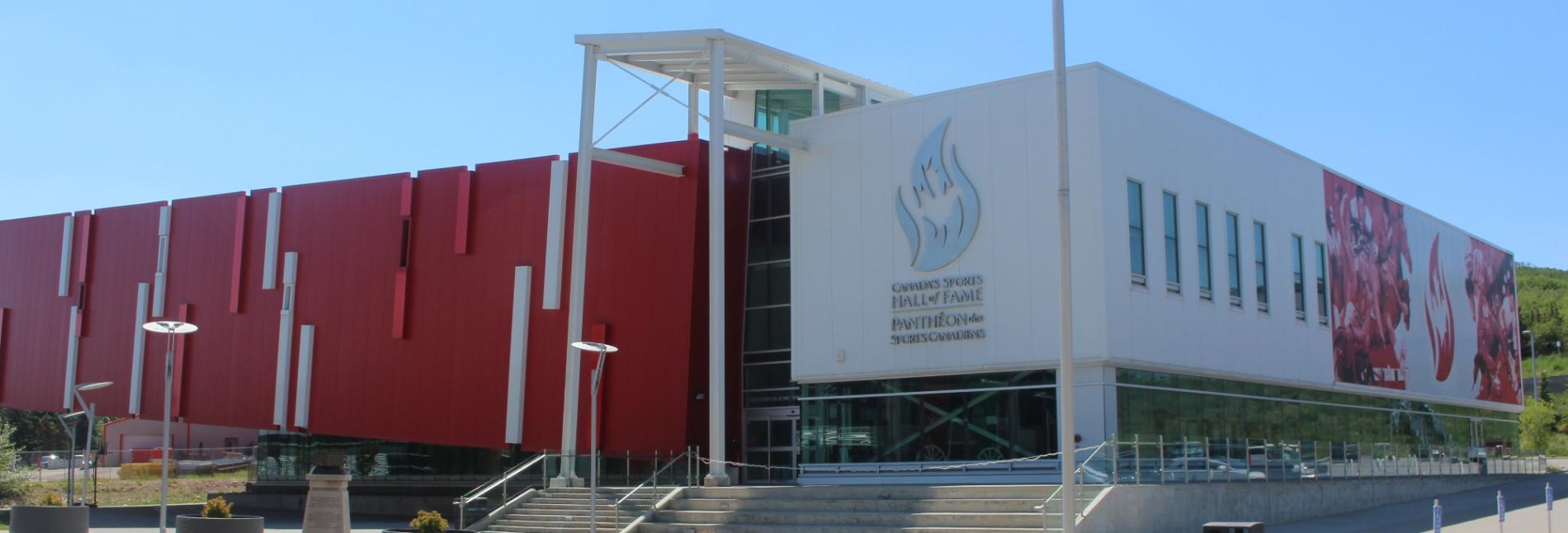Hall of Famer
Percy Molson
Inducted in 1975
Member Details
Career Highlights
Stanley Cup - Montreal Victorias
American Athletics Meet, long jump - world record
U.S. outdoor track and field champion, long jump
Canadian track and field champion, 400m

Story
Percy Molson was a symbol of his age. A gifted all-around athlete from a prominent Montreal family, he embodied the spirit of amateurism on the athletic field and gave his life in patriotic service for his country on the battle field. He participated in a wide range of sports--notably golf, tennis, cricket, and aquatics--but he was best known as a footballer, hockey player, and track-and-field star. Today, he is best remembered through the football stadium he helped conceive and finance: McGill University's Percival Molson Stadium in Montreal. In 1897, Molson appeared in one game for the Montreal Victorias, champions of the Amateur Hockey Association that year as well as holders of the Stanley Cup. He then attended McGill University, where he spent four years as an active athlete, graduating with a B.A. in 1901. He was an all-around star, winning the award as the best individual athlete at the school an unprecedented three years running. He captained the hockey team and competed for the track-and-field team, setting a world record in the long jump in 1900 at the American Athletics meet. After graduating from McGill, Molson spent five years in active competition for the clubs of the Montreal Amateur Athletic Association. In 1903, he won the long jump event at the United States outdoor track and field championships and the 400m at the Canadian track and field championships. He travelled to St. Louis for the 1904 Olympic Games and competed in the 400m but failed to win a medal. As a football player, Molson was best known for his running and kicking abilities as well as his sure hands. He played for the Montreal Football Club, associated with the MAAA, from 1902 to 1906. He captained the team in 1903 and 1904 and was a member of the 1906 Quebec Rugby Football Union champions in 1906. He also actively promoted amateur football after his active playing days. In 1909, he was named one of the original trustees of the Grey Cup, the Dominion's new amateur football championship trophy. After his graduation, Molson embarked upon a career as a manager at National Trust Co. and became the youngest person ever appointed to McGill's Board of Governors. He eventually served as chairs of the finance and stadium committees. The latter embarked in 1913 on a new football stadium for the university, to be financed in part by future gate receipts. Construction was mostly completed by 1916, when the war halted work on the project. In the meantime, Molson had enlisted in the Canadian Overseas Expeditionary Force in April 1915. He was wounded at the Battle of Sanctuary Wood on June 2, 1916, for which he was awarded the Military Cross. Molson returned to action in 1917 as a captain with the Princess Patricia's Canadian Light Infantry. On July 5, 1917, at Avion near Vimy Ridge, he and another officer took a direct hit from a trench mortar and were killed instantly. Molson was 36 years old. In Molson's will was a $75,000 bequest to help defray the costs of McGill's new football stadium. Although it had been dedicated McGill Graduates' Stadium at a track-and-field meet in 1915, the facility was officially renamed Percival Molson Stadium on October 25, 1919.






